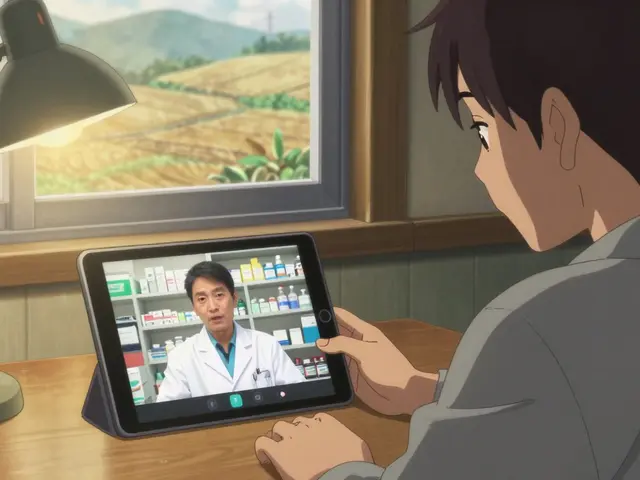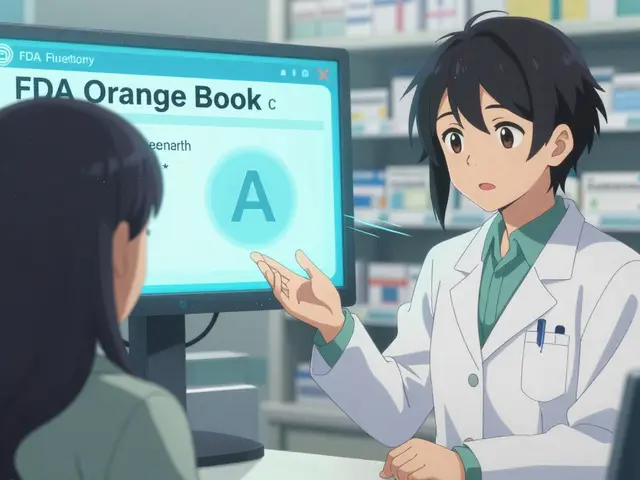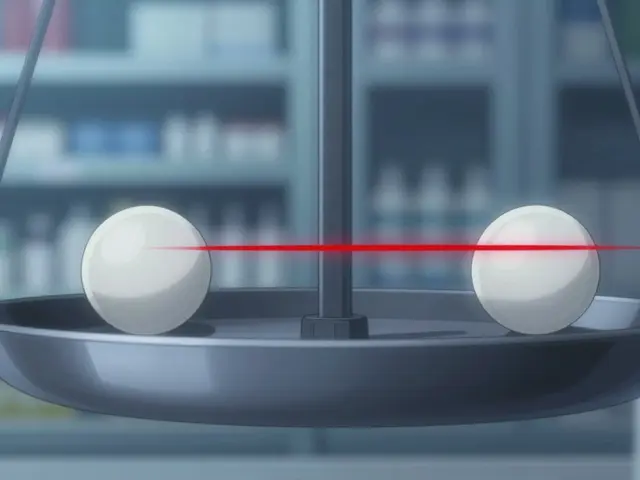Menstrual Cramps & Fertility – What You Need to Know
Period pain is more than a nuisance. For many people, strong cramps feel like they’ll never end, and the stress can spill over into trying to conceive. The good news? Most cramps don’t ruin fertility, but understanding why they happen helps you manage both pain and your reproductive plans.
How Period Pain Can Influence Your Chances of Getting Pregnant
Cramps are caused by prostaglandins – hormone‑like chemicals that make the uterus contract to shed its lining. High levels can lead to heavier bleeding and more intense cramps. Some research shows that very high prostaglandin spikes might create a less friendly environment for sperm or an egg, but the effect is usually small.
More often, the real impact comes from what pain makes you do. If cramps keep you from exercising, sleeping well, or maintaining a balanced diet, those lifestyle changes can indirectly affect ovulation and hormone balance. Stress hormones like cortisol rise when you’re in constant discomfort, and that can delay or irregularize your cycle.
Practical Ways to Ease Cramps While Protecting Fertility
First‑line relief is simple: a heating pad on the lower belly for 15‑20 minutes relaxes muscles and improves blood flow. Pair it with gentle stretches or yoga poses such as Child’s Pose and Cat‑Cow – they ease tension without harsh impact.
Over‑the‑counter NSAIDs (ibuprofen, naproxen) reduce prostaglandin production and are safe for most people trying to conceive when used short term. If you need stronger relief, talk to a doctor about prescription options; some hormonal birth control pills can both calm cramps and regulate cycles, but they should be stopped if you’re actively trying to get pregnant.
Diet matters too. Foods rich in omega‑3 fatty acids (salmon, walnuts) and magnesium (leafy greens, nuts) have been shown to lower prostaglandin levels. Cutting back on caffeine and salty foods can also reduce bloating that makes cramps feel worse.
Stay hydrated – water helps the uterus contract more gently. Aim for at least eight glasses a day and add herbal teas like ginger or chamomile, which naturally soothe muscle aches.
If cramps are severe (over 8 on a 10‑point scale) or come with fever, unusual bleeding, or missed periods, see a healthcare provider. Conditions such as endometriosis or fibroids can cause intense pain and may need specific treatment that could affect fertility if left unchecked.
Finally, track your cycle. Noticing patterns between pain intensity and ovulation days helps you plan intercourse during your most fertile window while also giving clues to any underlying issues.
In short, menstrual cramps rarely block pregnancy on their own, but managing pain with heat, gentle movement, smart meds, and a balanced diet keeps your body in the best shape for conception. Listen to your body, keep an eye on patterns, and don’t hesitate to get professional help when needed.

Menstrual Cramps and Fertility: What Your Period Pain Really Means
Worried period cramps might hurt your chances of getting pregnant? Get a clear, practical guide on when cramps are normal, when to see a doctor, and what to do next.
Continue Reading



